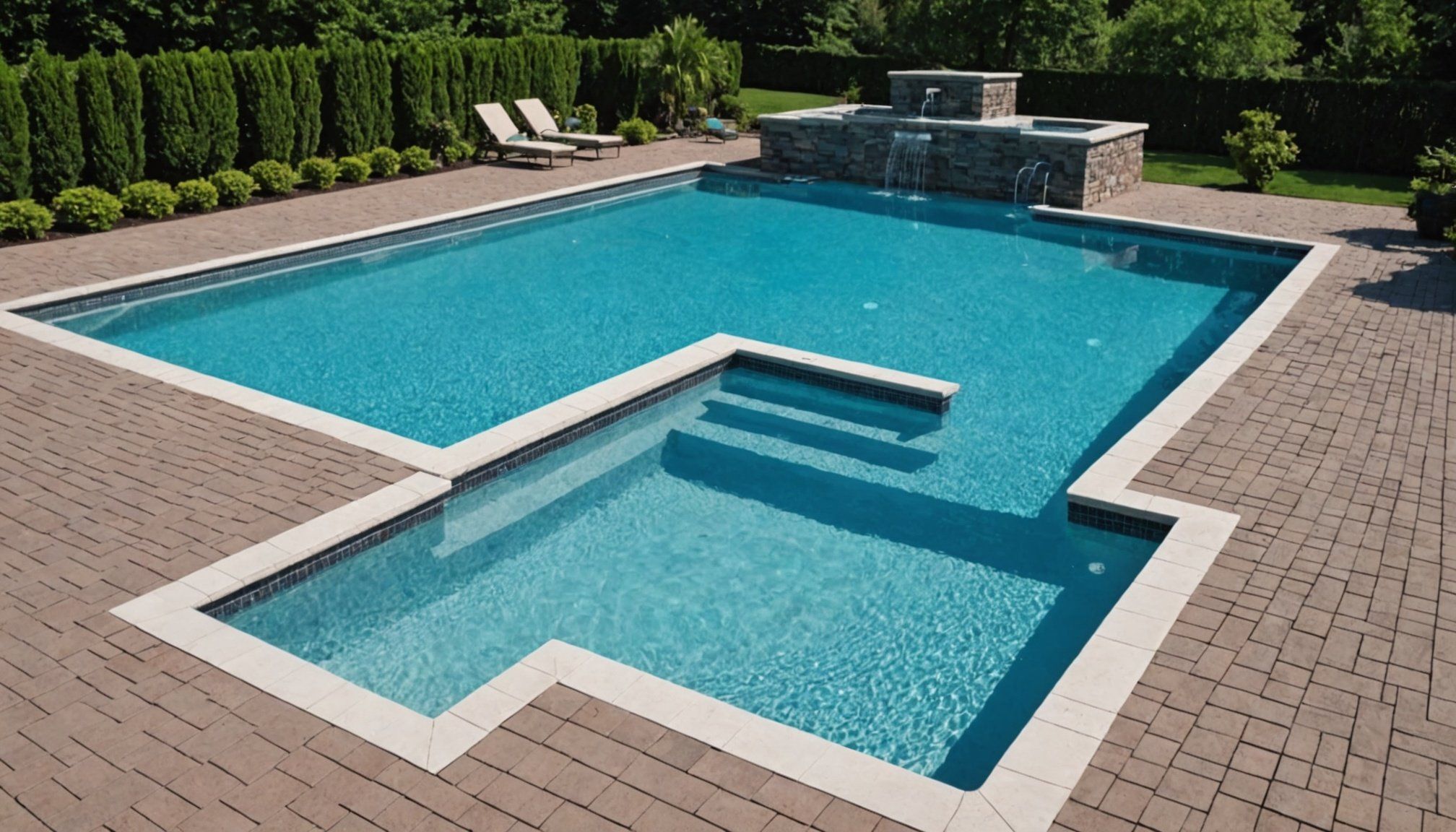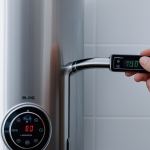Owning a swimming pool is a dream come true for many, offering a space to relax, cool off, and enjoy leisure time with family and friends. However, maintaining a pool requires attention to detail, particularly when it comes to water quality. At the heart of this lies the pool’s filtration system, a pivotal component that keeps your pool clean and safe. As you embark on the journey to choose the best filtration system, you’ll encounter various options, each with unique features. This article provides a comprehensive guide to help you make an informed decision that balances efficiency, cost, and maintenance.
Understanding Pool Filtration Systems
Before diving into the specifics, it’s crucial to have a clear understanding of what a filtration system does and why it’s vital.
This might interest you : What are the benefits of having a retractable pool enclosure?
The Role of Filtration Systems
Filtration systems function as the backbone of pool maintenance by removing debris, dirt, and contaminants from the water. They ensure the water remains clear, hygienic, and inviting. Without a proper system, your pool water could become a breeding ground for bacteria and algae.
Types of Filtration Systems
You will typically encounter three primary types of pool filtration systems:
In parallel : What are the best practices for winterizing your swimming pool in the UK?
-
Sand Filters:
- These are the most common and cost-effective filters. They use a bed of sand to trap debris.
- Sand filters are user-friendly and require minimal maintenance, needing a sand change every five years.
-
Cartridge Filters:
- Known for offering superior filtration, these consist of a pleated polyester cartridge that captures finer particles than sand filters.
- They are easy to clean but need replacement every few years.
-
Diatomaceous Earth (DE) Filters:
- DE filters deliver the best filtration, capturing very tiny particles.
- However, they demand more maintenance and are generally more expensive.
Choosing the right type depends on several factors, including the pool’s size, usage frequency, and your budget.
Evaluating Your Pool’s Specific Needs
When choosing a filtration system, one size doesn’t fit all. It’s essential to consider your pool’s specific needs to select a system that offers optimal performance.
Pool Size and Volume
Understanding the size and volume of your pool is foundational. Larger pools naturally require more powerful systems to circulate and filter water effectively. Begin by calculating the gallons of water your pool holds; this will guide you toward a suitable system capacity.
Pool Usage and Environmental Factors
Consider how frequently your pool is used and the environmental conditions surrounding it. A pool frequently used or located near trees might require a more robust filter due to increased debris levels. Conversely, a pool used occasionally might fare well with a simpler system.
Maintenance Preferences
Some systems require more hands-on maintenance than others. If you prefer minimal upkeep, consider a system known for ease of maintenance, like cartridge filters. However, if you’re willing to put in the time, DE filters offer superior water clarity but demand regular care.
Aligning these criteria with your personal preferences will streamline your decision-making process, ensuring you select a system that complements your lifestyle.
Balancing Cost and Efficiency
While it’s tempting to opt for the cheapest option, balancing cost with efficiency and longevity is key when investing in a filtration system.
Upfront vs. Long-term Costs
- Initial Investment: Sand filters are generally the most affordable option upfront, whereas DE filters are costlier.
- Operational Costs: Consider energy consumption; efficient systems might cost more initially but save on electricity bills over time.
- Replacement and Maintenance Costs: Evaluate how often parts need replacing or servicing. Cartridge filters might have a higher replacement cost due to regular cartridge changes.
Energy Efficiency
Energy efficiency is becoming increasingly important, both for cost savings and environmental impact. Look for models designed to consume less power while maintaining effective filtration. Some brands offer eco-friendly options that maintain quality without exorbitant energy use.
Assessing both immediate and long-term financial implications will aid in selecting a filter that aligns with your budget while offering satisfactory performance.
Considering Technological Advancements
Technological advancements have revolutionized pool filtration systems, offering improvements that enhance water quality and user convenience.
Automation and Smart Technology
Modern systems now offer automation features, allowing you to control and monitor your pool’s filtration via a smartphone or tablet. This technology ensures your pool remains clean, even when you’re away, and can alert you to issues before they become problematic.
Advanced Filtration Materials
Some modern systems utilize innovative materials that enhance filtration efficiency, such as improved filter media in sand filters or advanced pleated cartridges.
Integration with Other Systems
Integration with other pool systems, such as heating and chemical dosing, can streamline your pool’s operations, ensuring a cohesive and efficient experience.
Embracing these advancements can simplify pool management, providing you with more time to enjoy your pool rather than tending to it.
Selecting the best filtration system for your home swimming pool involves a comprehensive evaluation of your pool’s specific needs, budget considerations, and the latest technological advancements. By understanding the intricacies of different filtration types and assessing your personal requirements, you can make a choice that ensures sparkling, clear water for years to come. As you navigate this decision, remember the importance of a systematic approach, weighing each option’s pros and cons, and prioritizing long-term efficiency and cost-effectiveness. With the right system, your pool will remain a pristine oasis, ready for enjoyment at any time.










